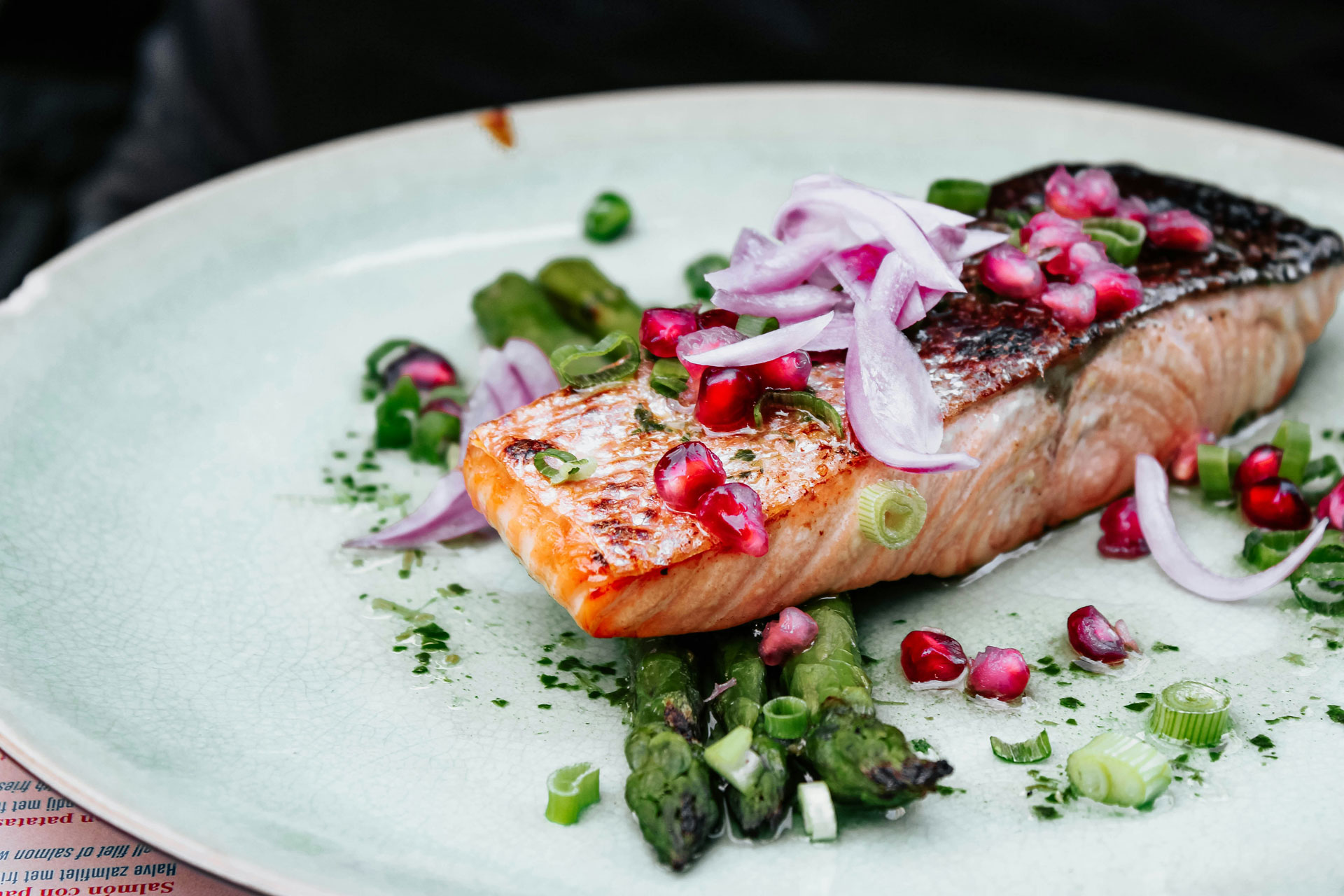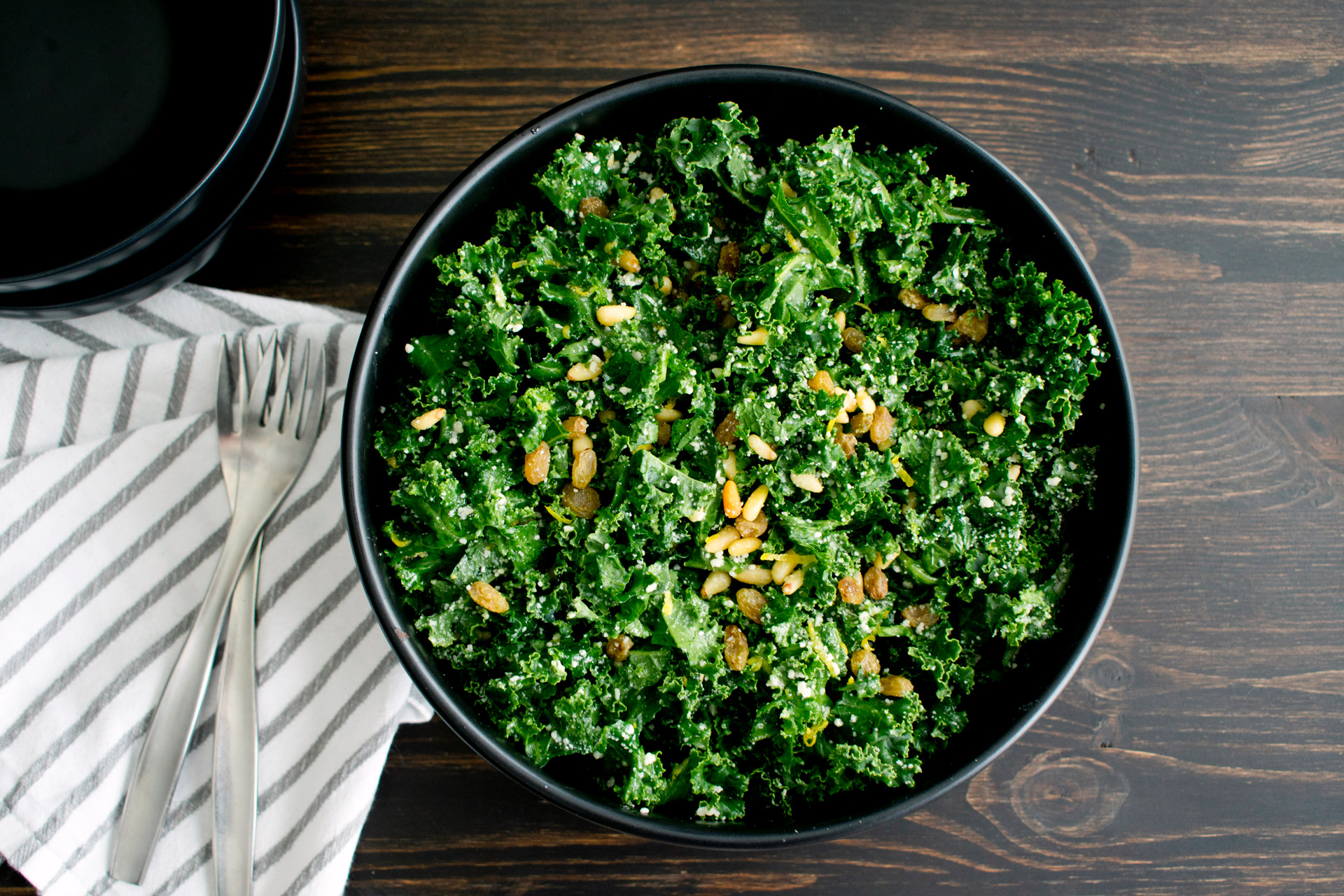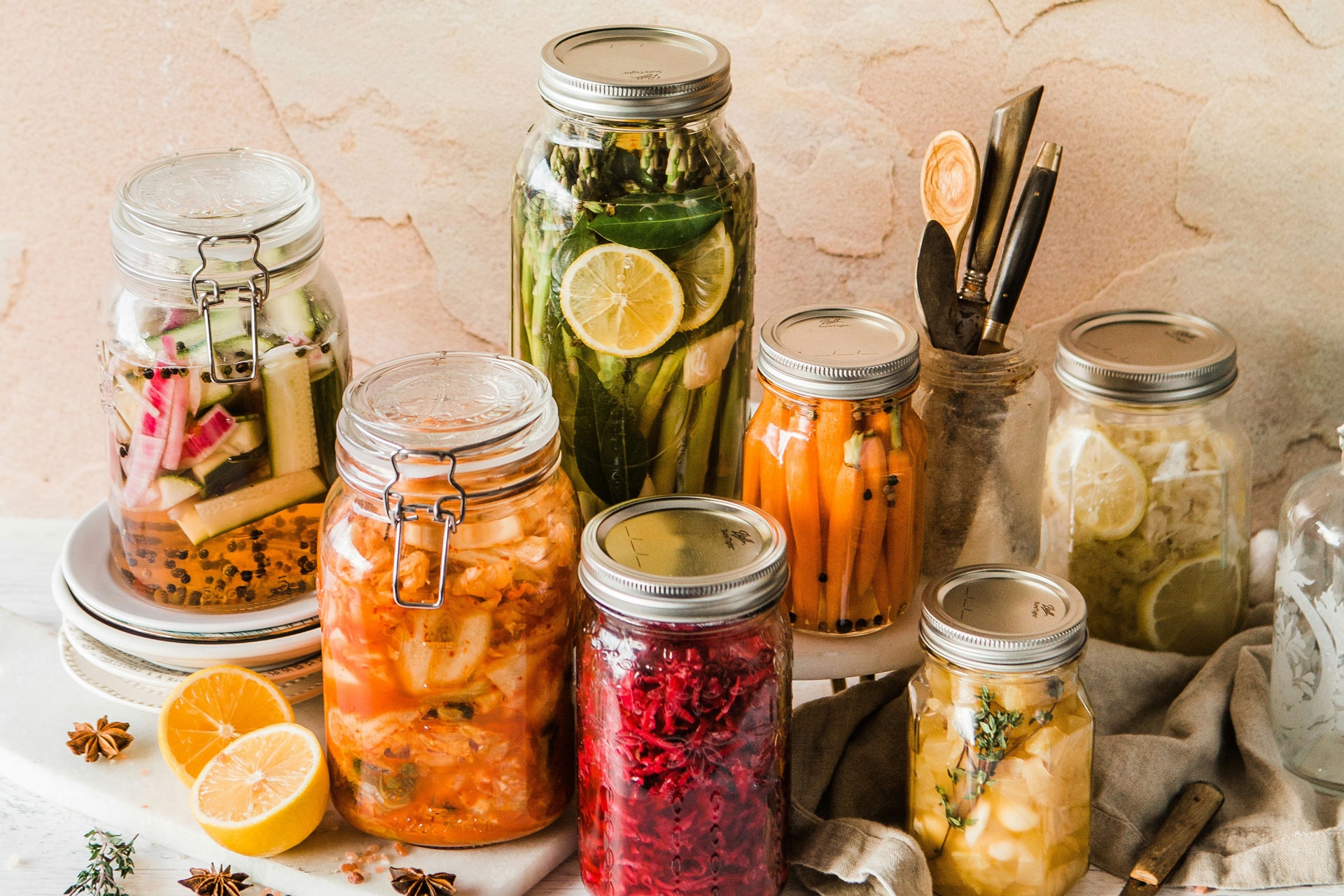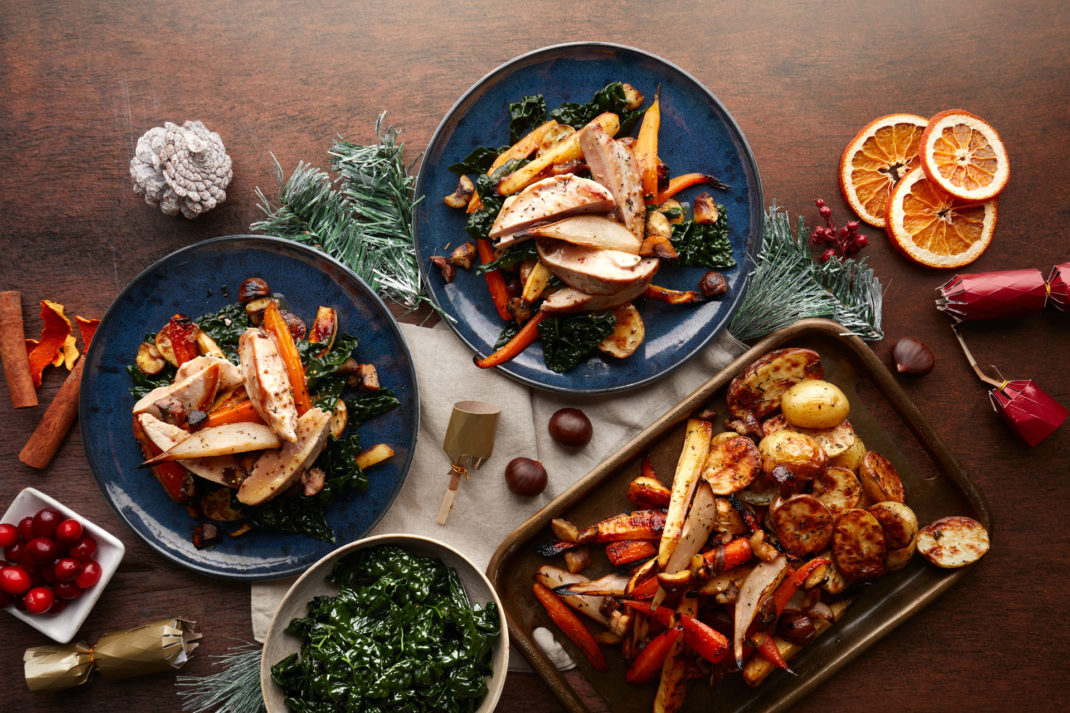
Can A Good Diet Help Boost Immunity?
By
1 year ago
How to strengthen your immune system through your plate
When we start feeling the first hints of illness, many of us stock up on oranges and ginger shots in a bid to stave off a fully-blown flu. But can food actually help boost our immune system? The answer is yes: what we eat plays a significant role in our overall health, including our ability to fight off infection. While it’s clearly impossible to guarantee you won’t succumb to a sniffle every once in a while, eating a balanced diet will ensure your body is getting all the micronutrients it needs to work effectively. So which immunity-boosting foods should we be prioritising over the autumn and winter months?
Immunity-Boosting Foods To Add To Your Diet
Which Vitamins And Minerals Are Important For Immune Health?
‘What we eat has a significant impact on our body’s ability to defend itself against infection – and several nutrients are essential for optimal immune function,’ says nutritionist Kim Pearson. Vitamin C is well-known for its immune-boosting power, acting as an important antioxidant and helping our white blood cells function well.
But Vitamin D is also key – and many of us are deficient, particularly during the winter months, as shown in a recent review which found that one in six UK adults don’t have enough. ‘I see low levels in my clinic on a weekly basis, yet it plays a crucial role in regulating the immune response,’ notes Kim. ‘Deficiency is strongly linked to increased susceptibility to infections like coughs and colds.’
So what else should we be looking out for? ‘Zinc is another key mineral that supports the function of immune cells, including T-cells and macrophages. Vitamin A helps maintain the integrity of skin and mucous membranes, which serve as the body’s first line of defence, while vitamin E works as an antioxidant, protecting immune cells from oxidative stress.’

Unsplash
Kim also notes the importance of omega 3 fats, another nutrient commonly lacking in people’s diets. Found primarily in oily fish, but also in some nuts and seeds, these fats are renowned for supporting brain health, but they can also help reduce inflammation and boost immunity.
What Are Some Immunity-Boosting Foods?
Surprise, surprise: it’s all about balance – and getting enough fruits and veggies in our diet. ‘A variety of nutrient-dense, whole foods can help support and strengthen the immune system,’ Kim says. ‘Citrus fruits like oranges, lemons, and grapefruits, provide vitamin C. Leafy greens such as spinach and kale are rich in vitamins A and C, as well as antioxidants that help protect immune cells from damage.’

Getty Images
She adds: ‘Nuts and seeds, particularly almonds and sunflower seeds, are rich in vitamin E, an antioxidant that supports immune function. Foods high in zinc, such as shellfish, chickpeas, and pumpkin seeds, support the development of immune cells. Oily fish like salmon and mackerel provide omega 3 fats can reduce inflammation and help ensure healthy cell membranes. A balanced diet rich in these foods can significantly improve immune health.’
Which Foods Can Negatively Affect Immune Health?
It’s not just about the foods to eat more of: certain foods can actually negatively impact our immune function. We’re sorry to say it, but sugar isn’t your friend here – Kim notes that a ‘high sugar diet can suppress immune function by impairing the ability of white blood cells to fight off bacteria.’
Ultra-processed foods are firmly in the spotlight right now, and over the past year a spate of studies have shown how detrimental they can be to our health. Eating too many UPFs can lead to inflammation in the body, which consequently weakens the immune system. Over time, this can put the body at a higher risk of developing chronic diseases, as found by this 2023 study published in Nutrients.
It’s not just about our food choices, either: drinks can also have a negative impact. ‘Excessive consumption of alcohol can also suppress immune function and make the body more susceptible to infections,’ notes Kim.
How Does Gut Health Play A Part?
We all know by now that gut health affects our whole body, so of course it’s linked to our immune system too. ‘Around 70 percent of our body’s immune system resides in the gut,’ explains Kim. ‘The gut contains a diverse community of microorganisms, known as the gut microbiota, which interact with the immune system to help regulate immune responses. A healthy balance of gut bacteria promotes the production of anti-inflammatory compounds and helps maintain the integrity of the gut lining, preventing harmful pathogens from entering the bloodstream.’
So when our gut health is suffering, it can lead to chronic inflammation – and, consequently, a weakened immune system. ‘The gut microbiota also influences the development and activity of immune cells, including T-cells and macrophages, which are vital for fighting infections and maintaining a well-functioning immune system,’ adds Kim.
Fibre is therefore crucial. Kim recommends aiming for 30g a day, both probiotics from fermented foods like kefir and sauerkraut, and prebiotics, found in garlic, onions, asparagus and apples.
Kim Pearson is a British nutritionist, clinical director, and wellness editor. She specialises in weight loss, metabolic health, and longevity. Kim and her team work with a global clientele who rely on them to provide personalised, practical strategies for optimising their health and effectively managing their weight. She is recommended by leading doctors and served as the lead nutritionist at RoseBar longevity clinic, led by renowned functional medicine doctor Mark Hyman.






















